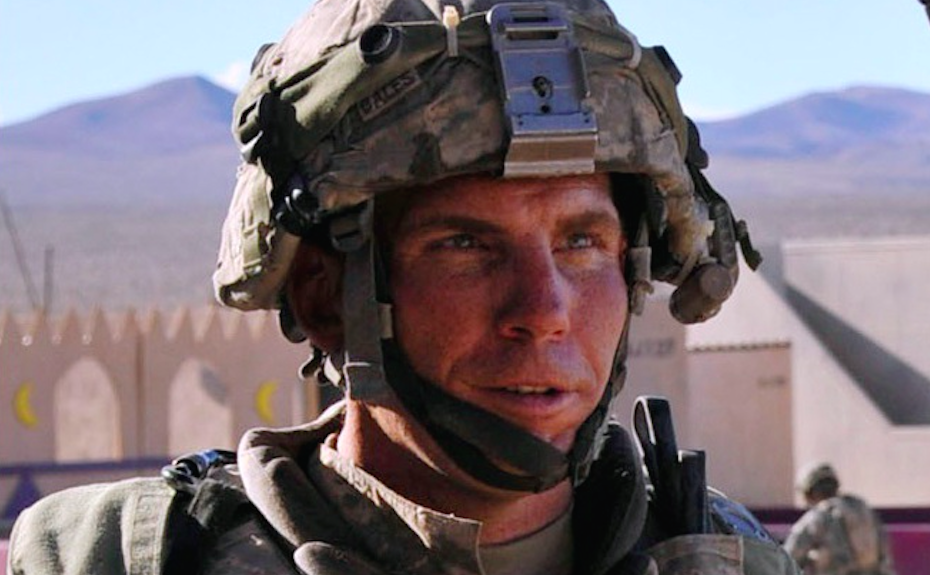Robert Bales, a former United States Army soldier and 2nd Battalion, 3rd Infantry of the 3rd Stryker Brigade, 2nd Infantry Division member, is currently serving life in prison without parole at United States Disciplinary Barracks at Fort Leavenworth in Kansas.
On August 23, 2013, a six-person jury sentenced the ex-staff sergeant for shooting and killing 16 Afghan civilians — including nine children, some of who were toddlers, and four women — in the villages of Balandi and Alkozai near Camp Belambai on the night of March 11, 2012. According to court evidence, he also set some of the bodies on fire.
Bales’ family — he has a wife and two children — had to be moved from their home in Washington state after the massacre, for their protection.
Recently, the convicted mass murderer sat down for a rare and exclusive interview the publication GQ (you can read the interview in its entirety by clicking here).
In it, he openly talks about the horrible events of the night that left innocent Afghanis dead, and forever changed the once-promising trajectory of his life. Not to mention a military career that began with the purest and most earnestly patriotic of intentions at age 28 when he witnessed the tragedy of the September 11 attacks.
Here’s one jarring segment from the extensive interview, which was conducted over a period of months, according to the author, Brendan Vaughan:
He moved into the next room, which allowed the woman and the children to make a break for the adjacent compound, a two-family home owned by Mohamed Naim. Bales began to follow them, but on his way out of the house, he stuck his head into another room, where a man was sleeping. This was Khudai Dad, the farmhand. Bales shot him several times at close range, killing him instantly.
Bales followed the screams of the fleeing children across a narrow dirt road, toward the two-family compound. A dog leapt at him, and in an instant Bales killed the dog. “You have to understand, these people are starving, in poverty; the only reason they keep dogs is because they’re Taliban,” he says. “This isn’t the United States of America. Fido isn’t a family pet. Fido’s there to warn that someone’s coming.”
Hearing the commotion, a man named Nazir Mohamed encountered Bales, who began to beat him, demanding information about insurgents and homemade explosives. “Where are the Talib? Where are the HMEs?” Others were waking now, and the man’s wife, Mariam, implored Bales to stop pummeling her husband, while one of the couple’s daughters, 3-year-old Gulalai, began to cry hysterically.
“At this point… This is tough, man, this is really tough,” Bales tells me. Through the phone, his voice sounds ragged. He doesn’t quite choke up, but long silences separate his sentences. “The kid comes running out, screaming, from almost the same [direction] where the dog came from. I shot the kid.” He pauses. “Um.” Pauses again. “It was a quick reaction. You know, to be honest, you know—I hate it. I hate it. Every day, I think about it all the time.” Pause. “At this point, I just kind of turned and killed the man [Nazir Mohamed]. And pretty much after that it was autopilot.”




































